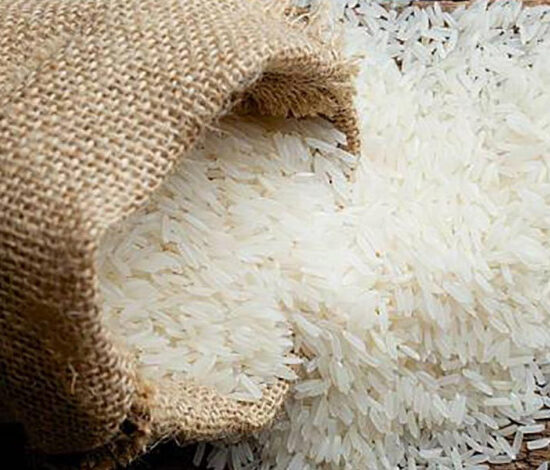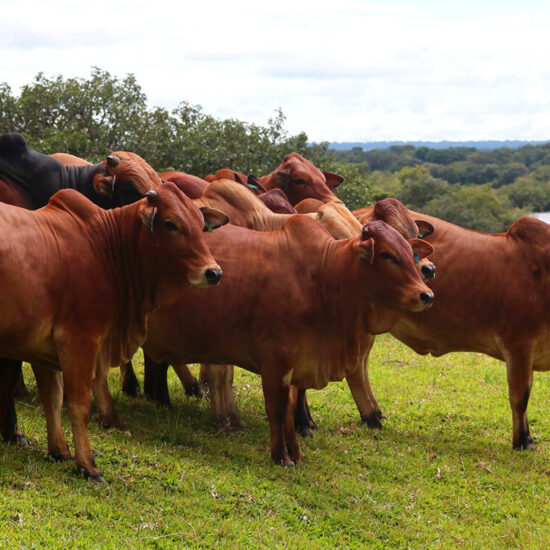
Tobacco Board of Zambia – TBZ has invested in a farmer electronic registration and monitoring system called the “Bright Leaf System” aimed at enhancing its regulatory role in the production, buying and selling of tobacco in the country.
TBZ disclosed that tobacco being a regulated crop needs a sophisticated system to facilitate and tracking of production, processing, manufacturing and export of the crop. Zambia currently exports over 90% of all the tobacco produced locally, making the crop a viable alternative for increasing forex earnings.
Zambia has experienced challenges were some farmers involve themselves in what is called vending and site selling which has frustrated the full growth potential of the tobacco outgrower farming model. Some farmers whose inputs where sponsored by particular buyers or out-growers with an ultimate goal of selling back to them end up selling the commodity to other buyers and in return, disadvantages the sponsors.
TBZ Chief Executive Officer – CEO James Kasongo told the Zambian Business Times – ZBT in an exclusive interview that site selling and vending has since pushed buyers to limiting their investments in the outgrower model.
To address this challenge, TBZ has invested in the development of an electronic system that would facilitate registration of sellers (mostly farmers) and buyers, tracking of outgrower contracts through inputs distribution and reciprocal deliverly of the crop and eventual marketing and sales through the official tobacco sales floors.
He added that the farmer registration system which came into effect this year 2020 is also meant to capture every tobacco farmer in the country, issue membership cards to be used to both capture farmer activity and be used as a basis to grant access to official trading floors, which would eventually weed out those involved in site selling and vending.
“We came up with the idea of creating a system to facilitate the registration of farmers and outgrower as well as regulating the buying and selling system of tobacco. If the industry is left uncontrolled, most buyers who first have to invest in outgrower schemes will not have interest of staying in such a business environment as their investment is not protected”.
Hence, as TBZ, we needed to arrive at a win win situation for both the tobacco buyers and the tobacco seller (mostly local farmers) on outgrower Schemes or contracts. So given that the industry already has limited buyers of tobacco, we came up with this system that takes from the best practices in the region such as South Africa, Zimbabwe and Malawi who are big tobacco producers, He said.
Kasongo further told ZBT that the board was previously registering farmers manually which was difficult and tedious when it came to tracing farmers, but that the new system makes it much easier to trace farmers, their farm locations with information being available at the finger tips. In addition, the system is able to show the trading and sales flow and keeps a record on quality of tobacco grown by a specific farmer.
TBZ further disclosed that the bright leaf system is also meant protect sponsors or uptakes who invest in outgrower farmers then end up losing out when the tobacco is being vended out despite the farmer signing outgrower contracts and receiving inputs. This system also has global positioning system – GPS and is being loaded with details for both sponsored and self-sponsored farmers.
TBZ is now able to monitor who sponsors who, as well as have an updated electronic tobacco farmer register which is vital for tracking production and industry dynamics, He added. This system together with the updating of the regulation is expected to dramatically change the tobacco landscape in Zambia and move the country to produce competitive volumes and export earnings from this crop, Kasongo said.
Tobacco in Zambia is currently being produced in six regions and has 5 official sales floors across the country. Lusaka Province has two (2) sales floors or points, Eastern Province has two (2) while Western Province has one (1).







